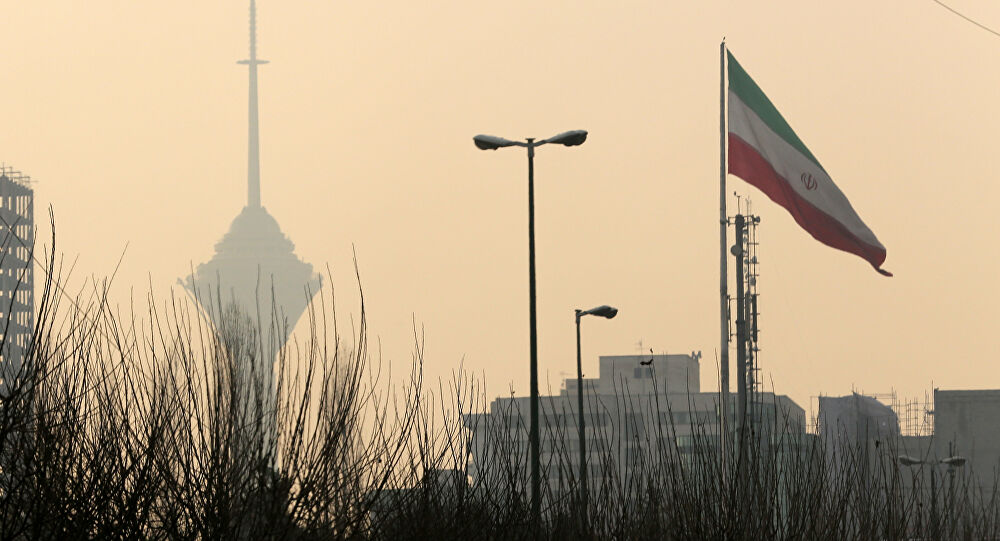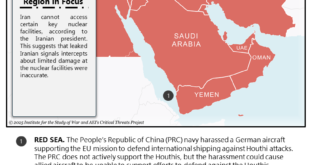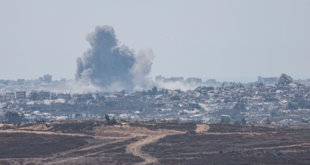French newspaper Le Monde wrote about Iran falling short in Syria, in two ways: one is economic, centered around it making up for the billions of dollars it spent in Syria over a decade for the benefit of the Syrian regime; and the other is related to its failure to continue providing financial support to the militias it brought into Syria.
Le Monde pointed out that Iran, at the beginning of its military intervention in favor of Syrian President Bashar al-Assad, did not pay attention to the actual cost it was incurring, spending billions of dollars by summoning top military figures and mobilizing elite units from its militias (the Quds Force and Hezbollah) in Syria.
The newspaper said that Iran has been thinking of compensating for what it has lost through amassing large financial returns by investing in Syria.
Tehran signed economic agreements with the regime, including “licensing a mobile phone operator, memorandums of cooperation involving Syrian phosphate mines, and building 200,000 housing units.”
However, projects such as building housing units have not started, due to the difficulties the Iranian private sector has been facing when it comes to investing in Syria.
The banking sanctions also had an effect, given that Tehran and Damascus are on the blacklist of US sanctions.
The newspaper considered that what is happening in the field of investments is causing “widespread frustration among the Iranians, fueled by the feeling that Assad’s other partner, Russia, is taking his share of the pie,” according to a translation by 7al.net.
Le Monde quoted the words of former Commander of the Revolutionary Guards and Personal Military Adviser to the Supreme Leader, Ali Khamenei, Maj. Gen. Yahya Rahim Safavi, when he considered that “the Russians benefit from Syria more than Iran.”
A visiting professor at the German Institute for International and Security Affairs in Berlin, Hamidreza Azizi, said that the memorandums of understanding between Damascus and Tehran “have mostly gone unheeded, due to the lack of financial resources in Iran.”
Azizi pointed out that the lack of liquidity affects the Iranian influence in Syria in all its aspects, noting that Tehran is “encouraging its supporters in Syria to manage their own affairs and find money elsewhere.”
 Eurasia Press & News
Eurasia Press & News



